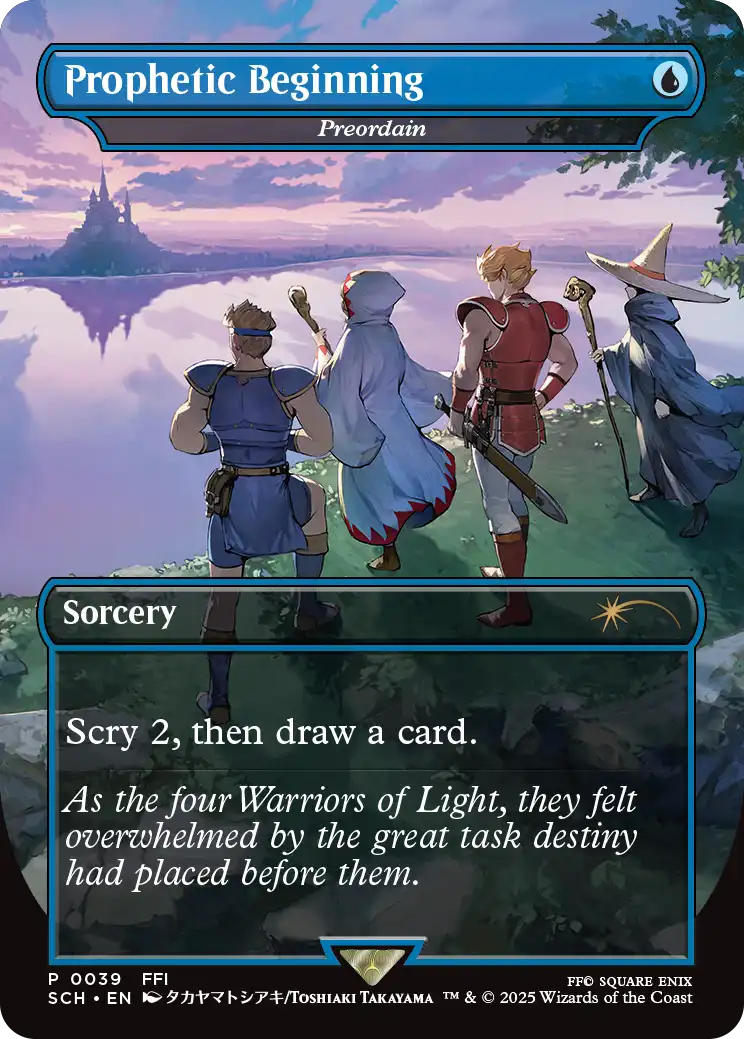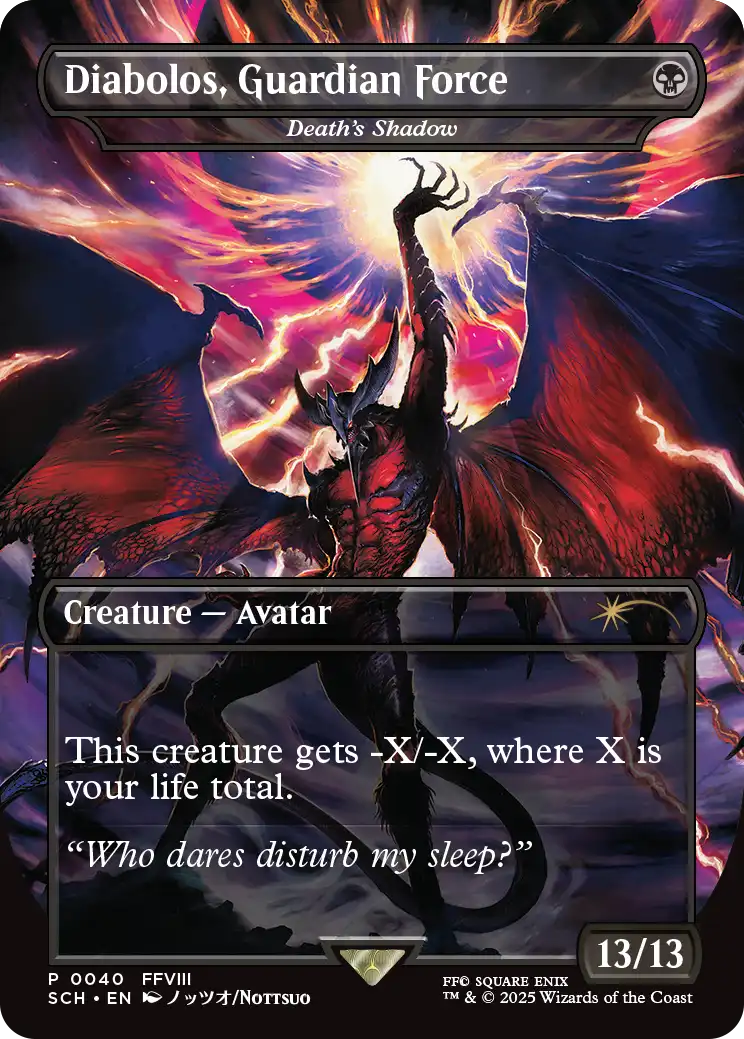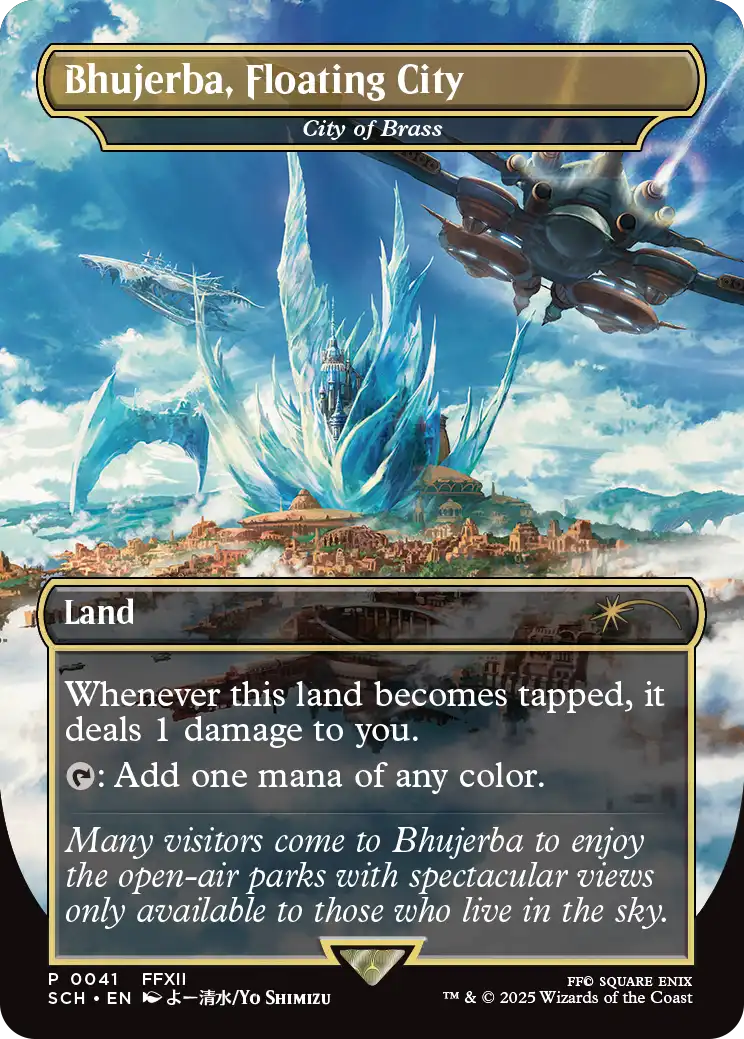Making it to the Pro Tour is probably the most difficult (but reasonably achievable) thing that a Magic player can do. It can take years of dedication and hard work, but given enough time and talent, the Pro Tour can fall within your reach.
We spend a lot of time documenting these stories—from lifelong Magic grinders to relative newcomers like Ian Robb taking the Pro Tour by storm. After all this time, the path to the Pro Tour has never yet run out of stories to tell. Whether that path ends with a dreamlike Pro Tour Top 8 appearance or simply a medium finish, the result isn't what truly matters. "I qualified for the Pro Tour" is the kind of statement that will always carry weight. With the thriving Regional Championship circuit feeding a stream of new and talented faces to the Pro Tour, accomplishing that goal is perhaps harder than ever before, but it's just as satisfying to achieve as ever before.
But it's also not the only thing high-level Magic players want to compete for.
"I've been playing a lot of Standard since the updates to the banned and restricted list, and the primary motivation has been the Store Championship," explained Liden Koot, who has several Pro Tour qualifications in the bank already thanks to his Regional Championship victory in Canada several months ago. "Having promos that make it worthwhile to go out of my way to attend these events goes a long way."
The Store Championship is a regular series that takes place not in a convention center, but with your friends and regulars at your local gaming store. With Standard as the featured format and a set of Magic: The Gathering®—FINAL FANTASY™ themed promos available to everyone who participates (while supplies last), the event encourages play at a level different than grinding two intense weeks of a testing house before the Pro Tour.
With the Standard format completely shaken up by the removal of seven cards just a month before rotation with the release of Edge of Eternities, it was as close to a wide-open format as Standard could ever be.
And that's where Koot comes in. The 21-year-old Surrey native has been a Standard enthusiast, and, in fact, his Regional Championship victory earlier this year came in the premier 60-card format piloting Azorius Omniscience combo with the since-banned
"Testing the ideas I have and waiting for early results, usually I like to do a bit of both," Koot explained. "But for this BNR, I knew I wanted to work on
Focusing on one deck where you feel most comfortable is a common approach among top players in the earliest days (and among other players, I can tell you I've been grinding away at a Standard Merfolk list), and it can certainly pay off in a big way. With Standard Store Championships giving way to Edge of Eternities rotation, Koot is already looking to how he'll be reanimating
But that's not the only way to find success in a fresh format.
Austin Deceder is a 29-year-old Iowa native and expert on the Modern format, having won a massive Star City Games Modern event earlier this year. I spoke with him about Standard deck building following these recent shifts. "At the start of a format, I like to look at what currently performing archetypes may survive the changes—Vivi Cauldron doesn't lose a whole lot of its key pieces to rotation—in addition to what 'safe pick' aggro decks may see play the first few weeks, and I try and play as much control as possible," said Deceder. "With Standard being the next RCQ format in the rotation, I figured I'd get ahead of the curve and start hammering away at the post-ban format and start crafting post-rotation decks. I've been playing a reasonable amount online, primarily through Magic Online, and playing paper events when they're available."
This is another common refrain: players naturally gravitate toward archetypes that don't lose key cards during rotation. After all, if they're powerful enough to see play before the release of Edge of Eternities, it stands to reason they will still be quite good follow rotation. Of course, it doesn't always play out that way (the Magic metagame can take even the best players by surprise), but it's as good a place as any to start.
But it is only that: a start. That's why Deceder is glued to the latest results, which speaks to perhaps the true secret of staying ahead of the metagame: knowing where the metagame actually stands. Gone are the days of large, singular paper events defining the metagame, and subsequent events over weeks and months challenging or confirming that. Instead, Magic Online and MTG Arena data is aggregated by the game's top minds, giving players a wealth of information that the savviest are ready to take advantage of.
"Thankfully, we live in an era of Magic where data is abundant. Magic Online challenges are frequent, MTG Arena is thriving, and there's an RCQ almost every weekend throughout the season," said Deceder. "When I first started taking the game seriously, data was mostly limited to articles. I still remember downloading an interview with Raphaël Lévy from Pro Tour Dark Ascension just to get his deck list for Five-Color Rites. We've truly come a long way."
The year is 20XX pic.twitter.com/GGfcU4Ur7c
— Austin Deceder, The Binder Grinder (@binder_grinder) May 28, 2025
"I tend to coast off of fundamentals early, playing tried-and-true archetypes until a format settles and I'm comfortable to get a little more adventurous with my deck choices. What worked for me is to figure out the problems, shove removal at it, tune it as I go," he elaborated. "Most of my testing is done alone, whether that be online or grinding locals, though I hesitate to say I'm truly alone in that regard; I'm always bouncing ideas off some of the great minds from the many scenes I've traveled to over my journey."
To Deceder's point, our own Frank Karsten crunched a ton Standard data—we're talking nearly 500 decklists from Standard Challenges over the last two weeks—and presented the findings in an expansive breakdown of the winners and losers of 2025 Standard rotation. With Edge of Eternities Prerelease events kicking off this weekend, the next few weeks will be filled to the brim with new developments as Koot tries to (re)break Omniscience and Deceder devours decklist dumps moments after they arrive, it must be said there's no time in Magic quite like a Standard rotation. Even the most data-driven among us have off-the-wall ideas or combos we want to try out, and for at least a little while, anything is possible—and sometimes, players like Koot really do break it. It's all on the table, all part of the Magic that brought players like these along their path to the Pro Tour, and all happening right now.
Get ready, your last chance to play in the #MTGxFINALFANTASY Store Championship is this weekend! While supplies last, get your hands on these event promos for Playing, hitting the Top 8 & Winning! Find an event near you today 👉 https://t.co/UEYjrawppU pic.twitter.com/pJzHfFOTyZ
— PlayMTG (@PlayMTG) July 17, 2025




